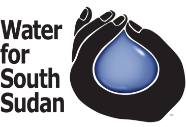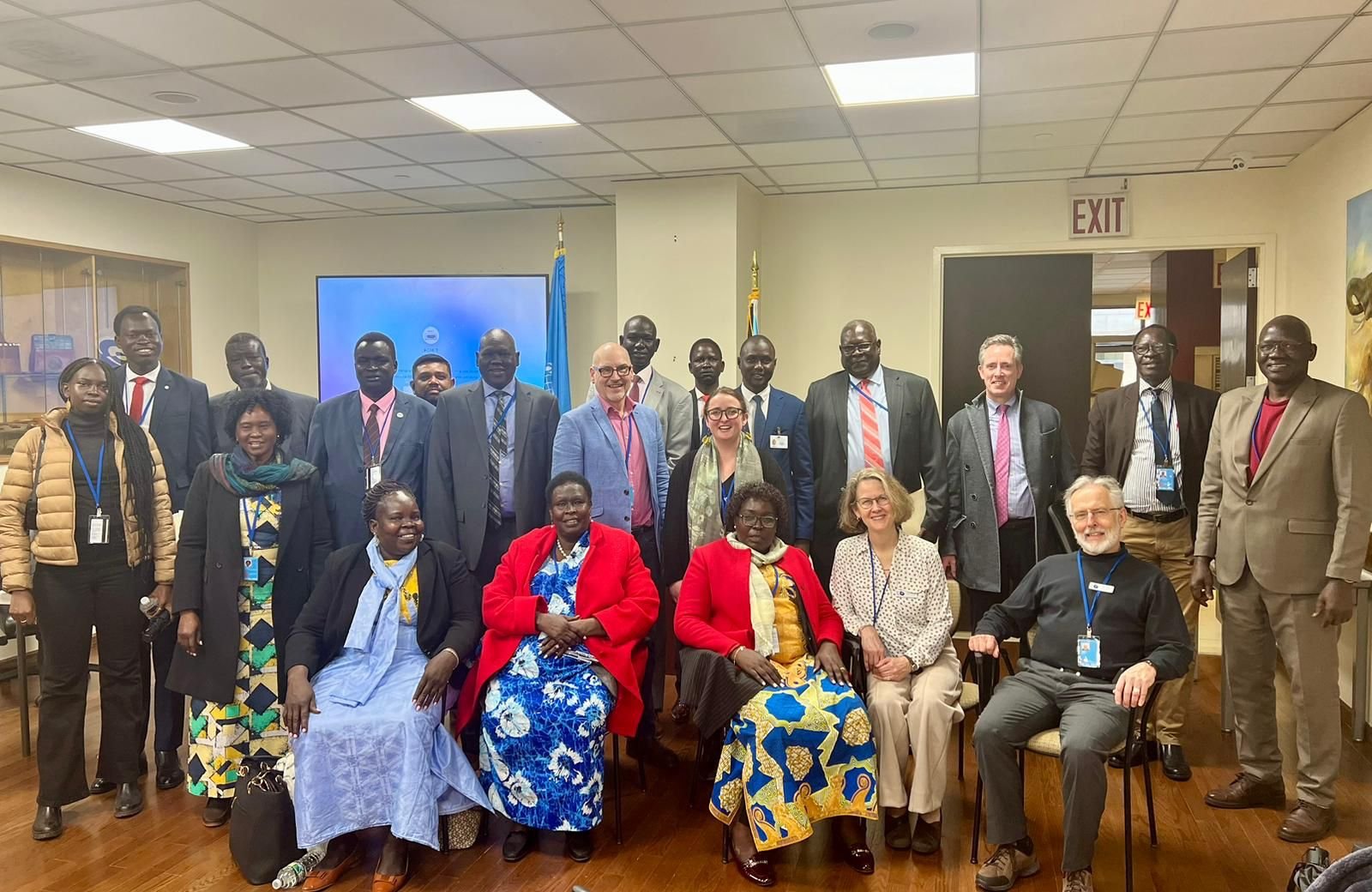WFSS Attends UN Water Conference
Worldwide, more than two billion people lack access to safe drinking water, most of which are in Africa. Progress on this goal is behind the target of achieving universal access to WASH by 2030, but there are also great opportunities to bring access to clean water to the forefront. A recent World Bank Report, Rising from the Depths: Water Security and Fragility in South Sudan, elevates water security as an issue critical for national development and stability—not just a humanitarian need. With a focus on water security for people, production, and protection, the report shows that water insecurity is an existential threat to South Sudan.
WFSS Board President Bob Shea and Executive Director Lynn Malooly attended The UN 2023 Water Conference in New York in March. It was the first water conference in a generation and brought together participants worldwide to focus on the cross-cutting goal of Sustainable Development Goal #6 - ensuring access to clean water, sanitation, and hygiene (WASH). One presenter noted, “Water can be a deal maker or a deal breaker.” The world knows what we need to do - invest in WASH solutions, work together on integrated solutions, and provide all people with the human right to regular access to clean water and sanitation.
WFSS Board President Bob Shea reflects that “one of the strongest takeaways from the UN Conference on Climate Change and Water is that Water for South Sudan's 20-year track record in South Sudan makes us a role model for locally-led development organizations.”
Shea notes that WFSS’s work in collaboration with the people of South Sudan has grown multi-dimensional in its impact, saying that “WFSS’s programs are rooted in sustainable access to safe, clean water. That access impacts personal health and hygiene, education and economic opportunities, especially for women and girls; in other words, sustainable development for entire communities.”
WFSS Executive Director Lynn Malooly says the conference highlighted the critical need for collaboration and partnerships. In the last two years, WFSS has completed projects with international partners, including UNICEF, The Carter Center, and Norwegian Church Aid (NCA), among others.
“Our recognition as a trusted implementing partner is a sign of our growth as a national NGO in South Sudan,” says Malooly. “Partner projects have enabled us to grow and expand our impact in critical ways—delivering more access to clean water, hygiene, and sanitation.” WFSS is continuing to build and grow its collaborative work each year.
WFSS Board President Bob Shea (seated far right) and Executive Director Lynn Malooly (seated to his right), attended the event South Sudan’s Climate and Water Crisis at the Permanent Mission of the Republic of South Sudan in New York, led by Peter Mahal Dhieu Akat, Director General for Rural Water Supply and Sanitation. Also in attendance were many South Sudan ministers, including Honorable Yar Paul Kuol the Managing Director of South Sudan Urban Water Corporation, and representatives from W12+.
The UN Water Conference saw the adoption of the Water Action Agenda, representing the voluntary commitments of nations and stakeholders to accomplish the Sustainable Development Goals (SDGs) and their targets connected to water. Bold commitments are required to ensure the well-being and prosperity of both people and the planet, to achieve the SDGs, and to meet biodiversity and climate targets.
WFSS is a recognized WASH leader in South Sudan, working with international NGO partners and recognized by the Government of South Sudan and its Water Ministries as a trusted NGO.
Shea says, “This perspective on our work reflects feedback from meeting with South Sudanese government officials as well as US and European government, civil society leaders, and technical experts. That we have contributors from 60 countries makes us a truly global team working at a local level.”

